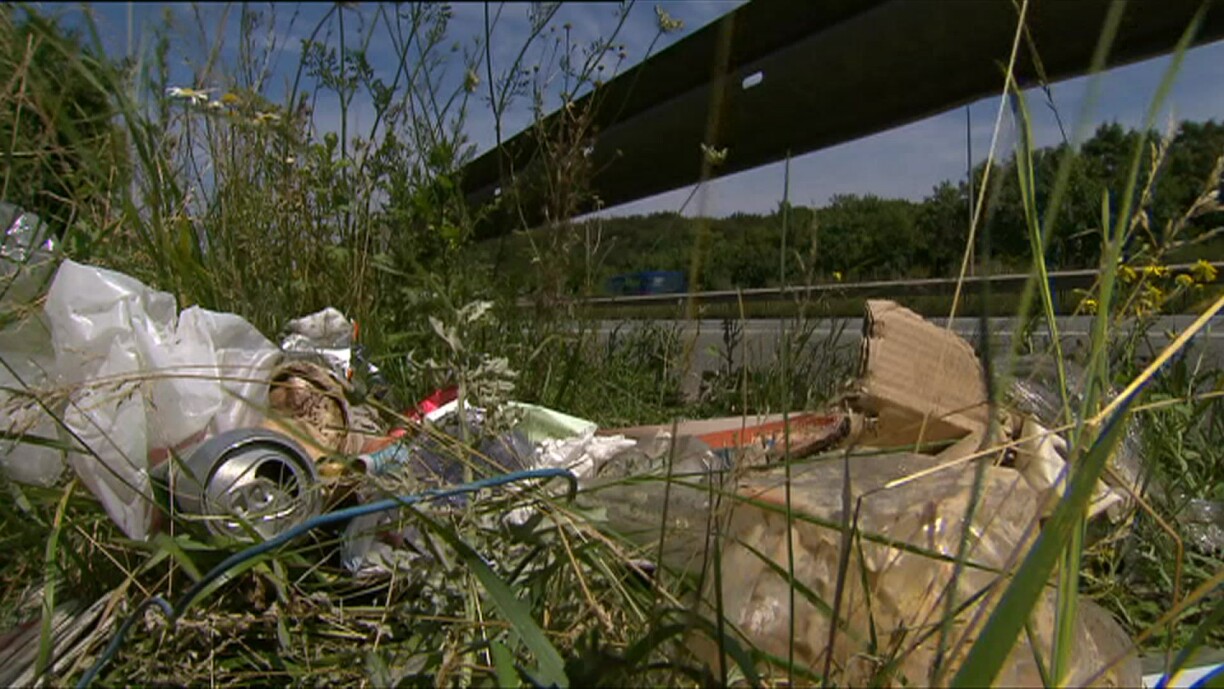
Old furniture, construction waste, and electronic appliances are sometimes being dumped in nature. Similar to fly-tipping, littering with cigarette butts, food packages and empty cans represents an ongoing issue in the Grand Duchy.
Simone Dengle, spokesperson for the Environment Administration, recently announced that penalties for littering and fly-tipping are to be increased to get the problem under control.
So far, fines ranged between €24 and €250, depending on the object and the location of the illegal disposal: “The most common thing we see nowadays are cigarette butts, cans, and fast food waste. They are classified in volume of waste, in these cases two litres. Waste under two litres is penalised with €145. If people throw their waste in a river or bring it into contact with underground water, then fines are increased to up to €250. If people fail to pay, then the case is brought to a judge, after which penalties can reach €10,000.”
The classification of waste also changes depending on the danger that the objects pose. Barrels of oil or paint, for instance, may cause greater harm to nature, which is why those cases are immediately brought to a judge.
A new law with higher fines for littering and fly-tipping is currently underway, explained Dengle: “Cigarette butts will now cost you €145, while bags will be counted individually at €250 each.”
Nadine Bertrand, who also works for the Environment Administration, explained that fines are an important measure to fight littering, but not the only instrument: “The new waste laws will also help increase the rate of reusable packaging and even prohibit some forms altogether.”
Since 2008, the Administration has regularly been conducting measurements of illegal waste. The last such report was issued in 2015 and the next one is scheduled for this year. Bertrand elaborated that they further monitor what is dumped, since producers of such objects may in the future be partially held responsible.